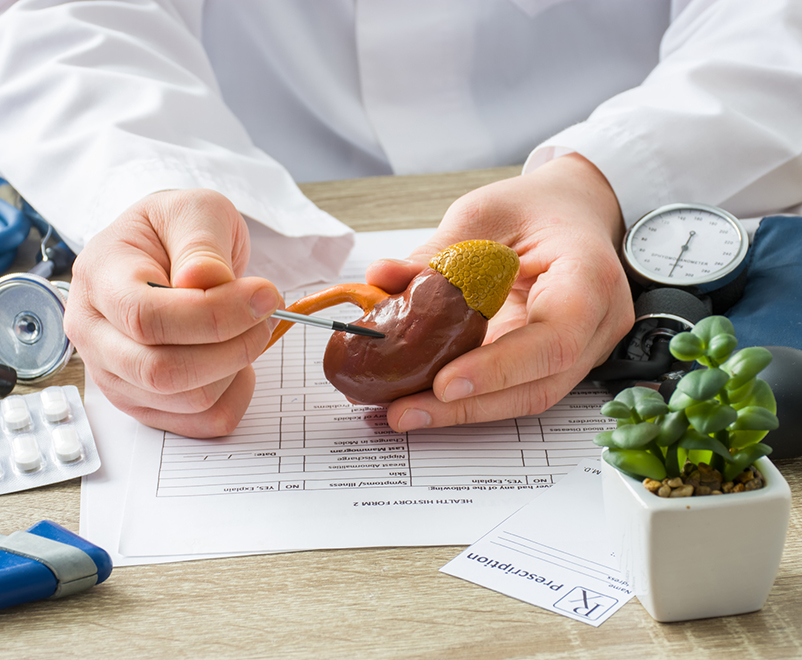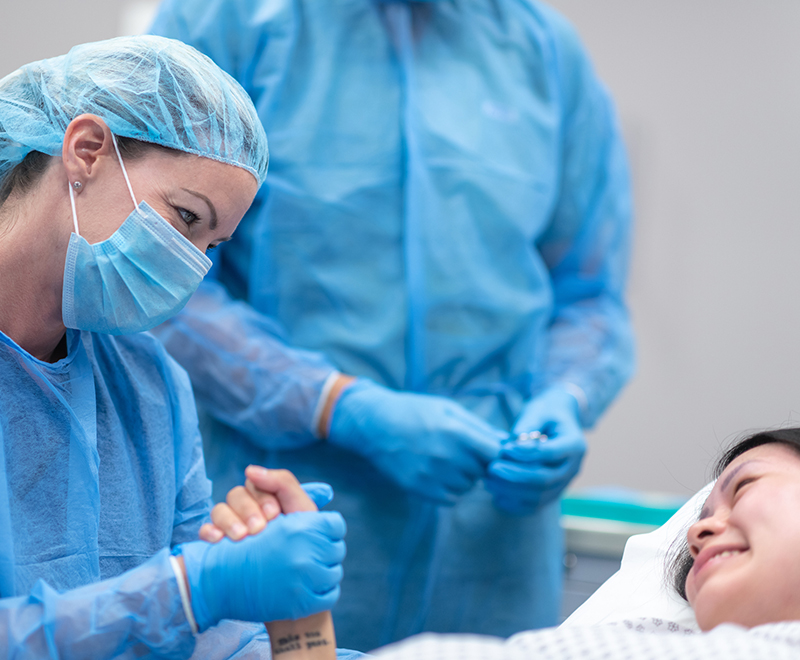Johns Hopkins Pancreas Transplant Program
The Johns Hopkins Pancreas Transplant Program determines whether a pancreas transplant is necessary for patients with difficult to control Type 1 diabetes.
-
A pancreas transplant may be considered if you have Type I diabetes that is difficult to control. For example, your blood sugar may swing from high to low, often without warning.
-

There are three different types of pancreas transplants
- Pancreas Transplant Alone (PTA)
A pancreas-only transplant is performed on patients with type I diabetes and no kidney problems. - Simultaneous Kidney and Pancreas Transplant (SPK)
This transplant is performed on patients with type I diabetes and end stage renal disease. - Pancreas After Kidney Transplant (PAK)
Sometimes, a patient who has type I diabetes and end stage renal disease will have a living kidney donor. In this case, the kidney transplant is performed first, using the living donor's kidney. Then, the patient waits for a deceased donor pancreas to become available.
- Pancreas Transplant Alone (PTA)
-
You must go through several medical tests before eligibility is determined. You will meet with a team of physicians and surgeons. The evaluation time takes approximately one to two months.
-
The waiting time for a pancreas transplant depends on the type of transplant you are expecting. A simultaneous kidney and pancreas transplant (SPK) has an average waiting time of one to two years. A pancreas transplant alone (PTA) or a pancreas after kidney transplant (PAK) typically has a wait time of more than two years.
-

Prior to surgery, you will be asked to review and sign an informed consent form. Pancreas transplant surgery typically takes four to six hours. After surgery, you’ll be placed in the intensive care unit for initial recovery; subsequently you’ll be moved to the transplant unit for the remainder of your recovery. The average post-transplant hospital stay is about two weeks.




